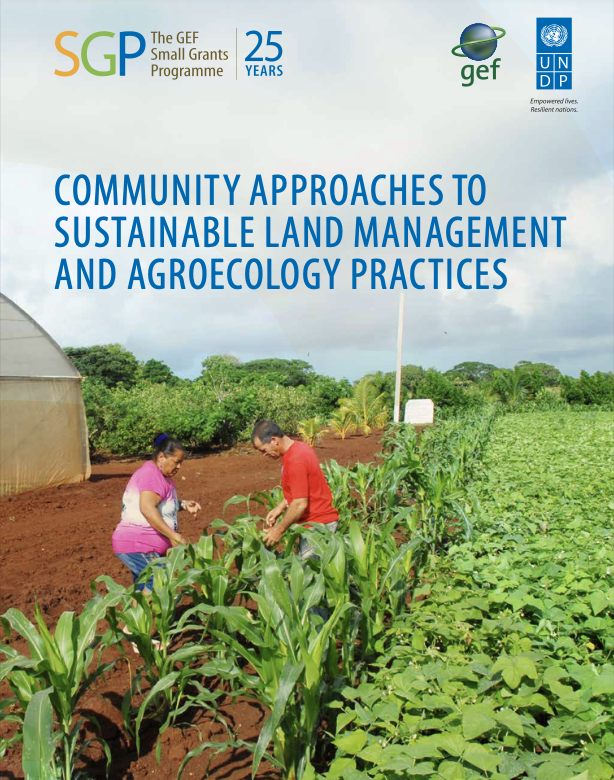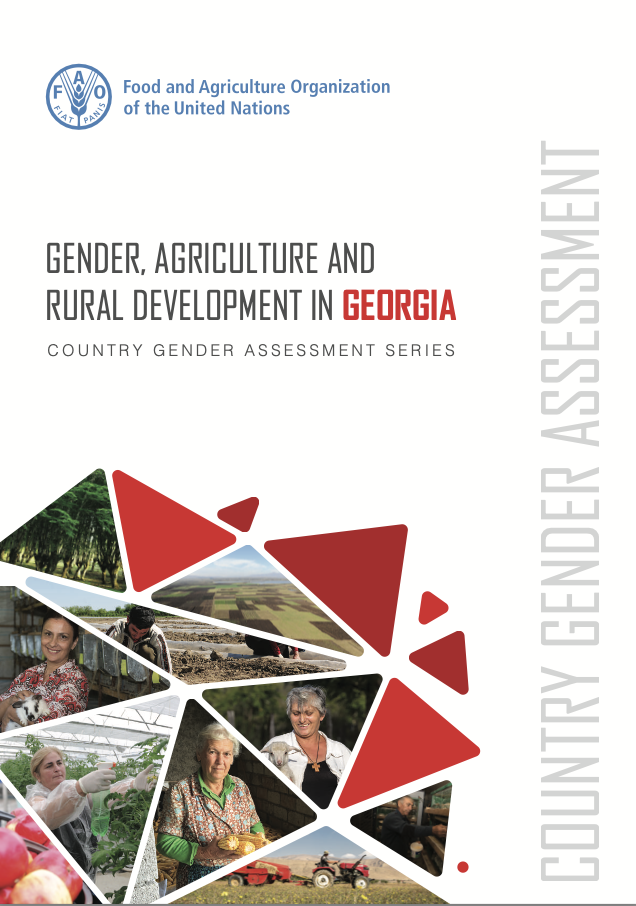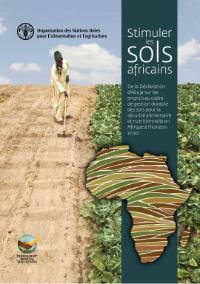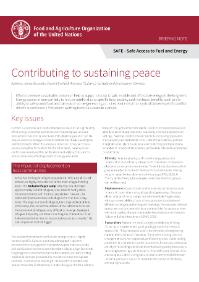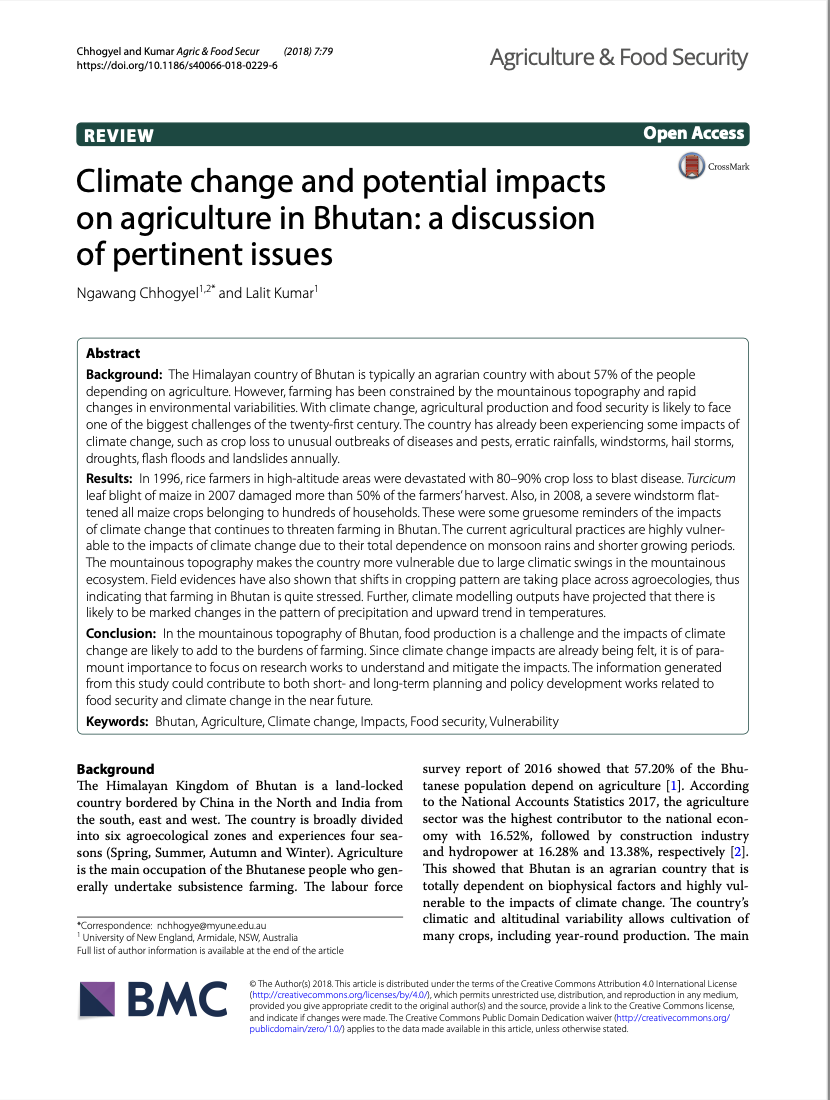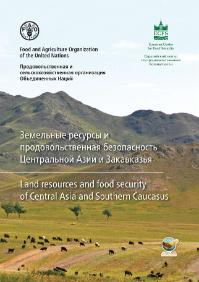Nature-Based Solutions for agricultural water management and food security
Agriculture influences and shapes the world’s ecosystems, but not always in a positive way. More than 2.5 billion people are globally involved as stewards of land and water ecosystems that constitute the natural resource base for feeding the current and future world population. Yet, conventional agronomic interventions based on ‘hard’ agricultural engineering compromise various eco-services that are required for sustainable agricultural development.


